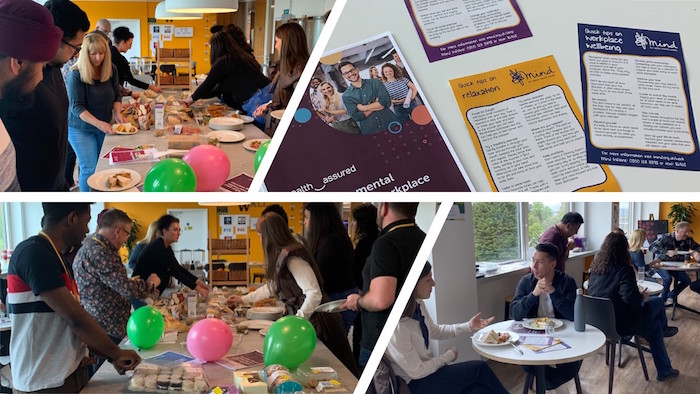
Specialist software supplier Phoebus Software has trained five mental health first aiders to help any of its 119 members of staff in need of support.
The employees who qualified as mental health first aiders have formed a committee to support staff in a confidential and non-judgmental way.
On 11 May, during Mental Health Awareness Week and in order to raise awareness of these concerns in the workplace, the committee provided a lunch and learn session where they explained what their role is, what they offer and what their future plans are to support the business. Approximately 50% of the organisation’s employees attended.
Further information, such as what resources are available and what people should do to seek support, has been made available on Phoebus’ ‘Be Well’ area on Sharepoint, as well as on posters around the office. The organisation also has an employee assistance programme (EAP), providing both physical and mental health assistance.
Phoebus Software said this was an important issue that needs to be addressed, pointing to a particular statistic published by the government agency Health and Safety Executive (HSE), which found that stress, depression or anxiety accounted for 50% of all work-related ill health cases in 2020/21, and that levels had risen since the Covid-19 (Coronavirus) pandemic began.
Kate Langton, chief people officer at Phoebus Software, said: “The past two years of the pandemic have been really difficult for some people coping with working from home, isolation, loneliness and losing loved ones. We take the welfare of our colleagues extremely seriously and want them all to know they can get help if they need it, no matter how big or small their issues are.
“By appointing mental health first aiders who have been trained and are fully qualified, we hope colleagues will feel able to talk to them and be supported within the workplace. The team’s presence also raises awareness of mental health issues. We also encourage colleagues to look out for each other, ask if they are okay, and talk about our mental health like we often do with our physical health.”